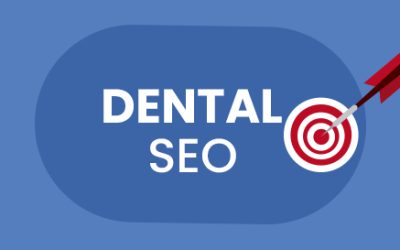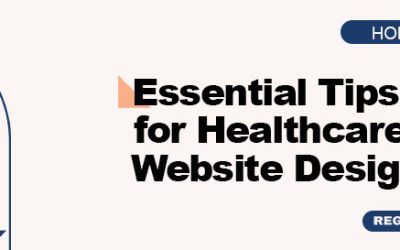Healthcare practices are not like businesses – they do not sell commodities, but potentially lifesaving service. To be economically viable, your practice needs to be visible to potential patients who are searching online for the services you provide. In that sense, medical practices are just like any other business. Similar to any other entity, your practice requires search engine optimization (SEO) to be visible to your targeted audience.
In February 2015, Google’s Official Blog announced the addition of health information in its Knowledge Graph in response to the whopping number of health searches. One in 20 searches on Google deals with health information. This interest is something your practice must take advantage of.
Getting Patients Engaged Through SEM
Patients can be engaged through search engine marketing (SEM), and healthcare practices should seriously consider devoting effort for this. While SEM is used effectively in other industries, it has to be modified for healthcare audiences since the process at work in seeking healthcare services are different from those involved in buying a product or seeking another service. It should aim at making the particular treatment or cure appear imminent for prospective customers.
PPC Marketing
PPC (Pay Per Click) and paid search management are useful to make the healthcare practice visible to the targeted audience. Google Adwords help decide the keywords to target. Competitive ad rates are important here. Advertising in the local online directories, sending email newsletters, etc., is important. However, the challenge is to do all this without appearing promotional, since we’re dealing with healthcare here.
Content Relevance and User-friendly Website Design
In healthcare settings, content marketing can be quite useful to channel visitors. The content developer would be perceived by readers as an authority on the subject. Through blogs, articles and social media posts, content developers can help the physician build a following.
High quality, relevant content in your website pages as well as blogs and social media posts matters for search engine optimization. Increasing numbers of American consumers first research their health condition online by searching on Google, Bing or other search engines as well as by engaging in the social media. They also read up extensively before selecting a physician. You need to get those searchers to your site, which is why SEO is important for your practice.
Relevant content must also blend with user-friendly and clear website design. A customized medical website design can help here. User-friendly and quick loading websites do get ranked better. Websites also need to be responsive and function well on laptops and mobile devices. All principles of SEO apply to the healthcare field as well.
Getting search engine optimization and marketing outsourced could be a great way to ensure all these elements fall in place the way they should. If the outsourcing is handled by an experienced provider and the whole arrangement turns out to be cost-effective, it could make a significant difference to the visibility, branding and sustainability of your practice.




